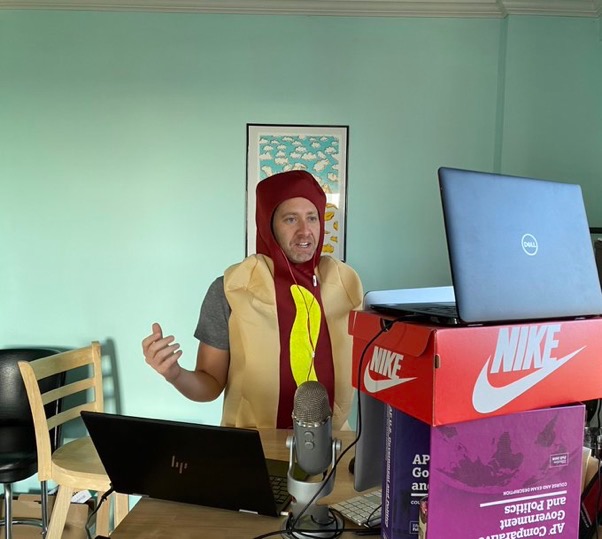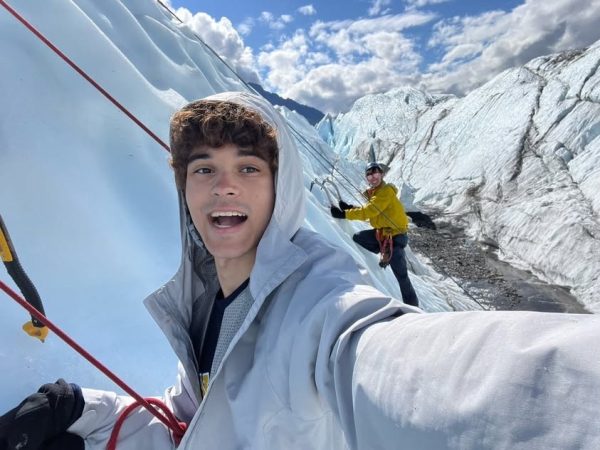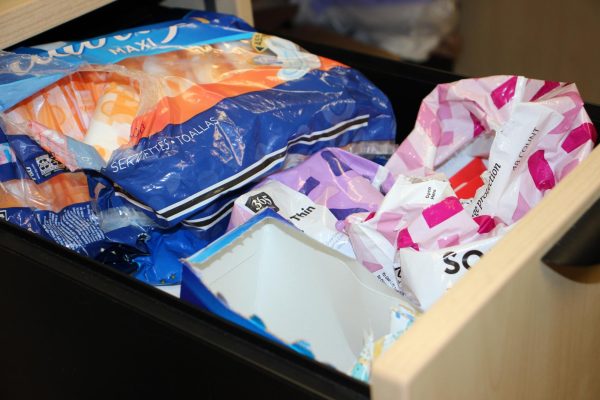At home in the classroom
“I don’t mind getting sidetracked…all that stuff keeps everybody engaged,” Curt Rakestraw said. “Yeah, the bureaucracy is boring, but you never know when this maniac is going to start talking about what he saw on TV yesterday. That part is good, but it’s really hard to do that part by myself.”
The COVID-19 pandemic has yielded a number of changes to the average school day, including utilizing Microsoft TEAMS instead of an in-person setting. Teachers and students both have had to adapt to functioning as a class while apart from each other, though some face more difficulties than others.
Music classes have had to cope with separation, with students learning individual parts without an ensemble setting or final concert to work towards. This lack of performance has made it difficult to see the desired results.
“I think it’s been harder for students to get the feedback they need when playing…virtual relies on a lot more independent work for students, and if they’re not used to that, it’s a much harder process,” violinist Gabrielle Clark (9) said.
Opinions have been split, but ultimately, the choice to remain in extracurriculars with less engagement is up to the student and the ways in which they are able to learn.
“Since virtual orchestra is a bit more independent work, a student who prefers that type of learning won’t have a problem; however, if said student prefers a learning setting that is more interactive, it will probably be a struggle,” Clark said.
Other classes have been left reeling as well. Science students have been forced to go through courses without the labs, guiding tools and people they would usually have at their disposal.
“It has taken me a minute to find different ways to grasp onto things,” engineering student Ayrika Anderson (12) said. “I like being around people – to a certain extent – in a learning environment because I might learn a new way to do certain things by talking to others.”
Teachers have also seen trouble, as they are unable to properly immerse students without the ability to have free conversations in class.
“I don’t mind getting sidetracked… all that stuff keeps everybody engaged,” AP U.S. Government teacher Curt Rakestraw said. “Yeah, the bureaucracy is boring, but you never know when this [government teacher] is going to start talking about what he saw on TV yesterday. That part is good, but it’s really hard to do that part by myself.”
Even with all the complications of virtual school, the goal has been and still is to get students one step closer to graduation and the working community.
“I will continue to stay in the engineering class if it is virtual because life is about adaptation and I need this class for a foundation in the career I want to pursue,” Anderson said.
Your donation will support the student journalists of White Station High School. Your contribution will allow us to purchase equipment and cover our annual website hosting costs.






































